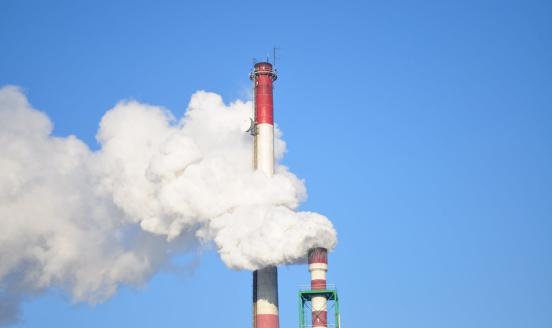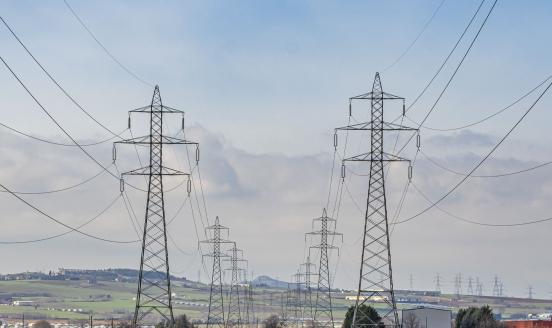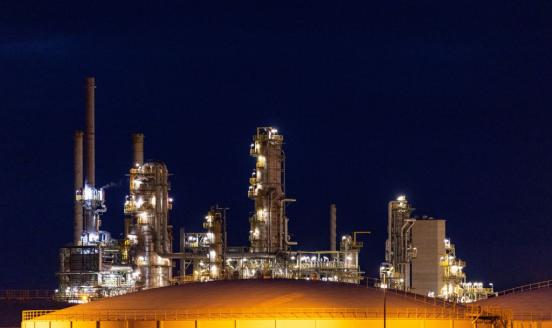Deep Focus: Renewing the clean energy strategy in the Mediterranean
In this episode of Deep Focus, Bruegel research fellow Simone Tagliapeitra explains how the nature of cross-Mediterranean energy relations needs to ch
Oil and gas dominated Euro-Mediterranean energy relations in the 20th century, but with the turn of the 21st century came a new focus on renewable sources. The new ventures were less successful than those of old, and both institutional and commercial plans failed to achieve the same level of fruitful cooperation.
With electricity demand sky-rocketing in the Middle East, future efforts must differ from those of the past in providing much more supply for the countries outside Europe. The EU can play a key role in ensuring that both they and the countries on the southern side of the Mediterranean Sea benefit from such a spike in energy demand, with a strategy in-keeping with agreements already reached on cutting greenhouse gas emissions.
In this episode of Bruegel’s Deep Focus series, Simone Tagliapietra explains how the regulatory and financial constraints on renewable energy projects can be overcome. European institutions have the capability to back the sizeable upfront investment in renewables that will propel such projects towards their long-term pay-offs. But funding must be conditional on reform that promotes private investment and removes archaic bias towards fossil fuels.
The research discussed in this episode is available in full in the Bruegel Policy Brief, ‘The Euro-Mediterranean energy relationship: a fresh perspective’, by Simone Tagliapietra. This scholar has also collaborated with Bruegel senior fellow Georg Zachmann on a study of Europe’s failure to clean up its transport sector, which we recommend as further reading.



